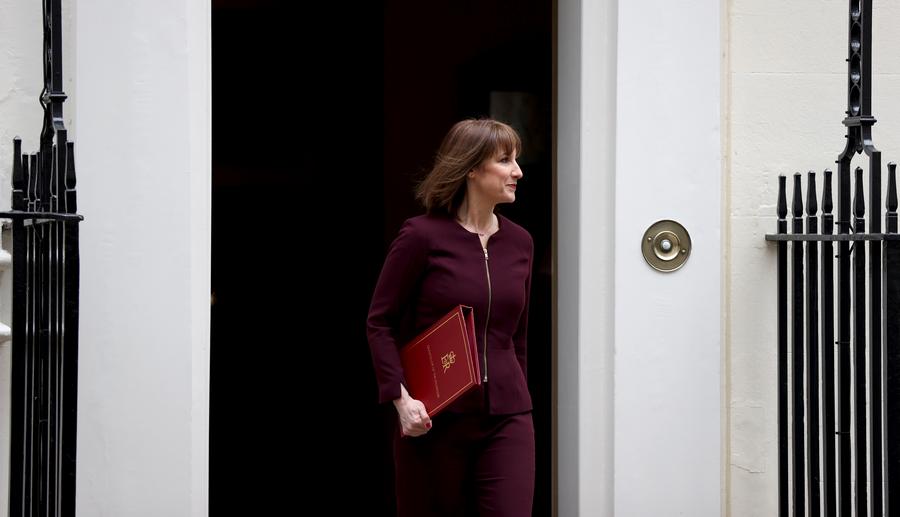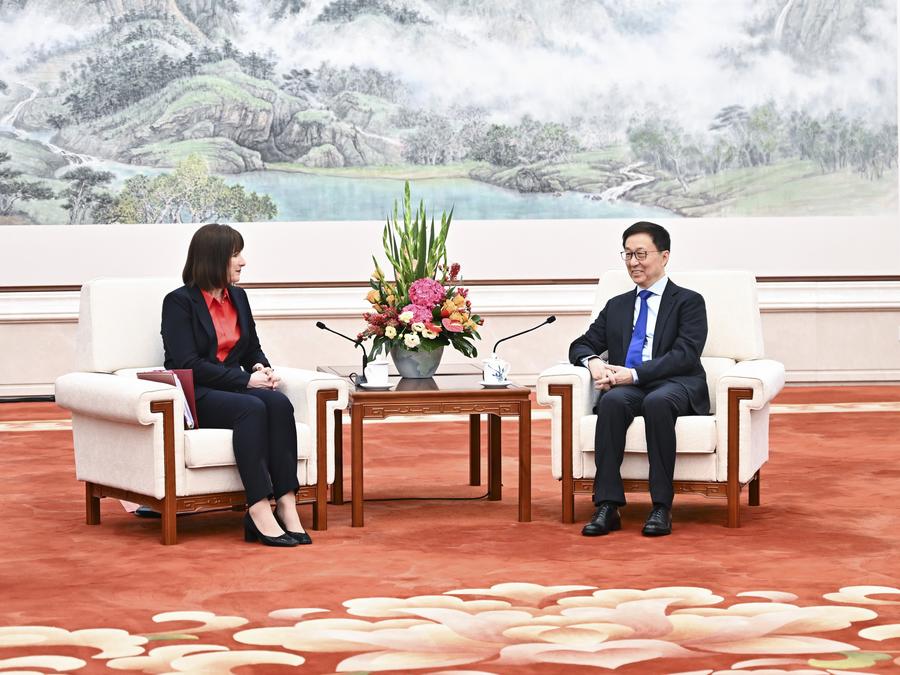
LONDON – British Chancellor of the Exchequer Rachel Reeves said on Friday that it would be "very foolish" for the United Kingdom to disengage from China, emphasizing the importance of continued economic cooperation.
In an interview with The Telegraph, she expressed support for strengthening ties with China rather than building new barriers.
"China is the second biggest economy in the world, and it would be, I think, very foolish to not engage. That's the approach of this government," she said ahead of a scheduled trip to Washington next week.
READ MORE: Reeves resets UK-China relations as critics fume
Reeves pointed to her visit to China earlier this year, where she participated in the 11th China-UK Economic and Financial Dialogue alongside leading British financial services firms, including HSBC, the London Stock Exchange Group, Standard Chartered, and Prudential.

She said the visit aimed to boost the ability of British financial services firms to operate in China by securing more licenses and quotas for British businesses. That visit resulted in a deal she estimated to be worth around 600 million pounds ($795.93 million) to the British economy.
Reeves also voiced support for Chinese fast fashion company Shein listing on the London Stock Exchange, and said she would be happy to ride in Chinese-made electric vehicles despite so-called "spying fears".
ALSO READ: China, UK vow to strengthen economic, financial ties
According to The Telegraph, her comments signal the British government's ongoing commitment to deepening trade and financial ties with China – an agenda championed by Prime Minister Keir Starmer.


